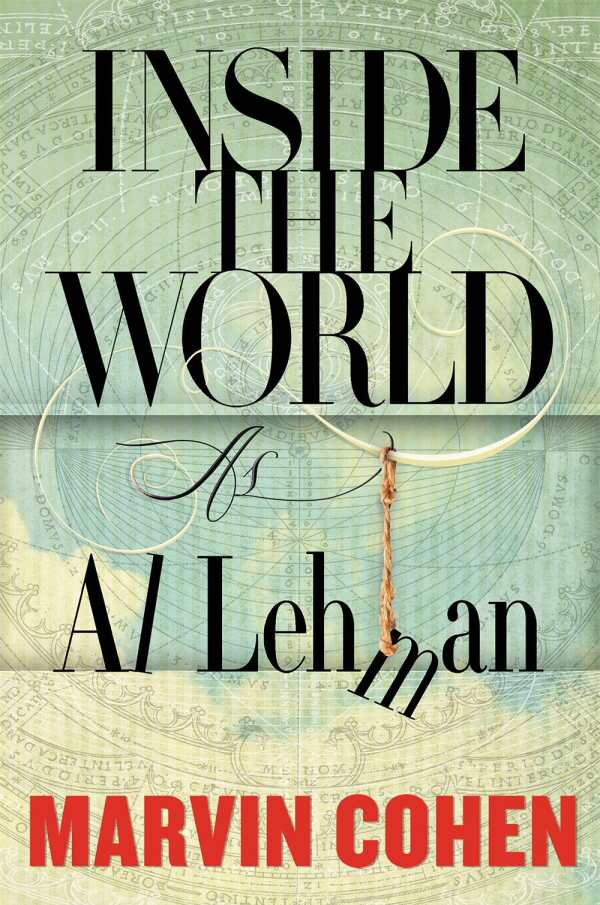Inside the World
As Al Lehman
- 2018 INDIES Finalist
- Finalist, Literary (Adult Fiction)
By turns quirky, touching, amusing, and sad, Inside the World: As Al Lehman is an intellectual achievement that rivals some of the best literary fiction of the last half century.
Marvin Cohen’s biography of the fictional Al Lehman, Inside the World: As Al Lehman, is a wise glimpse into how excessive focus on material success can be blinding.
Like many ambitious people, Al wants to be successful, but his ambition is his worst enemy. He associates with famous people—until they all dump him; he tries to become a famous writer and poet, but it doesn’t work out. He eventually finds modest success as a psychologist.
Phenomenological, postmodernist, and in dialogue with William James’s theory of multiple selves, the book is initially off-putting. The prose is disorienting, seeming intentionally intent on keeping the reader out rather than inviting them in.
However, the book gradually unfolds as a droll, dryly witty and ironic account of a man who theorizes that he simply exists in the moment. By shedding any kind of a core self, Al Lehman overcomes the multiple disappointments that life has served him. His life also offers a positive alternative to a kind of Wordsworth-like perspective that “the world is too much with us.”
Al’s ultimate approach to life is at best solipsistic and at worst nihilistic. Much of the biography traces Al’s multiple encounters with women, many of whom use him for their own ends or inflict senseless cruelty on him. His bad relationships, failed marriage, and encounters with women who are fickle or clingy result in Al’s eventual emotional detachment. He ends up as a kind of counselor to the universe as he settles a conflict between the sun and the moon and dispenses wise advice to others.
The book is a very sophisticated read, full of clever puns and other wordplay. Its style is poetic, and its use of alliteration, assonance, and extended metaphors is both a delight and a challenge. The writing exists at a very high level of discourse, but the book is short enough that its postmodernist cast—it’s in on its own joke—grows neither tedious nor annoying. The book also evinces a comprehensive and satirical analysis of the artistic aspirations of upper-middle-class professionals.
Inside the World rivals some of the best literary fiction of the second half of the twentieth century. By turns quirky, touching, amusing, and sad, the book delivers an intellectual treatment of a high achiever who, buffeted about by good fortune and misfortune, reflects and characterizes the life of middle-class Americans at their jobs, in their homes, and in the stream of consciousness of their bourgeois minds.
Reviewed by
Philip J. Kowalski
Disclosure: This article is not an endorsement, but a review. The publisher of this book provided free copies of the book and paid a small fee to have their book reviewed by a professional reviewer. Foreword Reviews and Clarion Reviews make no guarantee that the publisher will receive a positive review. Foreword Magazine, Inc. is disclosing this in accordance with the Federal Trade Commission’s 16 CFR, Part 255.

